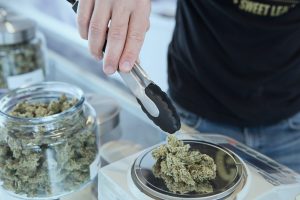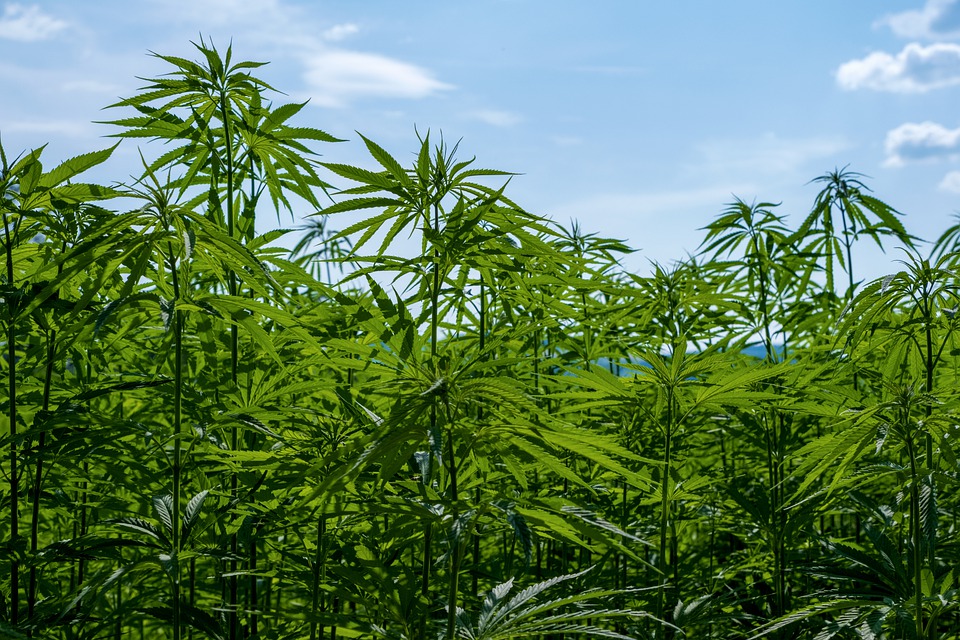Continually navigating new legal gray areas is par for the course in cannabis’ rapidly changing regulatory environment.
The cannabis industry is ever-innovative, with savvy entrepreneurs continually exploring legal ambiguities to meet evolving consumer demands. A prime example is the emerging craze around THCa vape and flower products.
What is THCa?
THCa (tetrahydrocannabinolic acid) is the precursor compound to THC, the primary psychoactive in cannabis. However, in its natural unheated state, THCa itself is non-intoxicating, making it legal in states prohibiting THC. The catch? When combusted or vaporized, THCa converts into psychoactive THC through decarboxylation.
The Hemp Loophole
Federal law restricts THC levels to 0.3% or below in hemp products. However, many states now have hemp programs that allow the sale of hemp-derived products containing higher levels of THCa, which isn’t regulated. This opens a legal gray area, as products with elevated THCa technically comply with the 0.3% Delta 9 THC limit, but once vaped or smoked, that THCa converts into psychoactive THC vapor exceeding the cap.
The THCa Vape and Flower Boom
In states without adult-use legalization such as Texas, North Carolina and Florida, THCa has played an important role to get consumers access to the plant. THCa wholesale in Texas has exploded, with leading brands including VIIA, TribeTokes and Black Tie. THCa distribution in these states has exploded as consumers seek legal ways to access the effects of THC.
Popular products in this THCa space include vape cartridges and disposable vape pens, typically containing THCa distillate or live resin. When retailers choose to stock cartridges, they must also find a 510 battery wholesale supplier, whereas if they purchase disposables they do not need to also stock separate batteries. Despite the environmental impact, this has led many retailers and consumers to embrace the disposable all-in-one pen options.

THCA flower also provides an alternative for consumers in states where recreational cannabis is still illegal. Since it is federally compliant when sold as hemp, it allows consumers to purchase products that mimic the effects of traditional cannabis legally.THCA flower typically resembles marijuana in its appearance, aroma, and potency. This makes it an attractive option for users seeking a high-quality alternative to traditional cannabis flower.
The Evolving Regulatory Landscape
Demand for these legally ambiguous THCa smokable products is soaring due to their ability to mimic THC’s effects. This regulatory gray area around THCa presents opportunities for entrepreneurial vape businesses serving as THCa distributors. However, it’s part of a larger trend in the cannabis space.
As regulations evolve to prohibit one psychoactive product formulation, the industry continues finding creative workarounds to produce similar experiences that comply with new policies, at least initially. Regulators then slowly catch up, cracking down on the latest loophole until cannabis companies shift to a new legal ambiguity.
This cycle seems likely to continue with the THCa vape craze. While currently operating in a gray area, regulators may eventually provide clarity by banning or restricting THCa products. The market will then be forced to pivot to novel formulations or cannabinoids that fall outside of the updated rules.
An Opportunity, For Now
Today’s regulatory landscape around THCa vapes remains unsettled. Some states banned them, but most have not yet directly addressed this novel hemp-derived product category. This ambiguity presents potential revenue streams for nimble cannabis businesses, at least temporarily, until policies evolve again.
The Bottom Line
Continually navigating new legal gray areas is par for the course in cannabis’ rapidly changing regulatory environment. While opportunities in the THCA market carry inherent uncertainties, they offer prospects for those willing and able to shift as policies do.
Hemp-derived smokable products brands and distributors alike must balance near-term profits against future restrictions that may limit their offerings. Those capable of operating compliantly within the constraints, for the time being, may find the THCa wholesale market an intriguing but precarious opportunity worth exploring prudently.


Join the conversation!